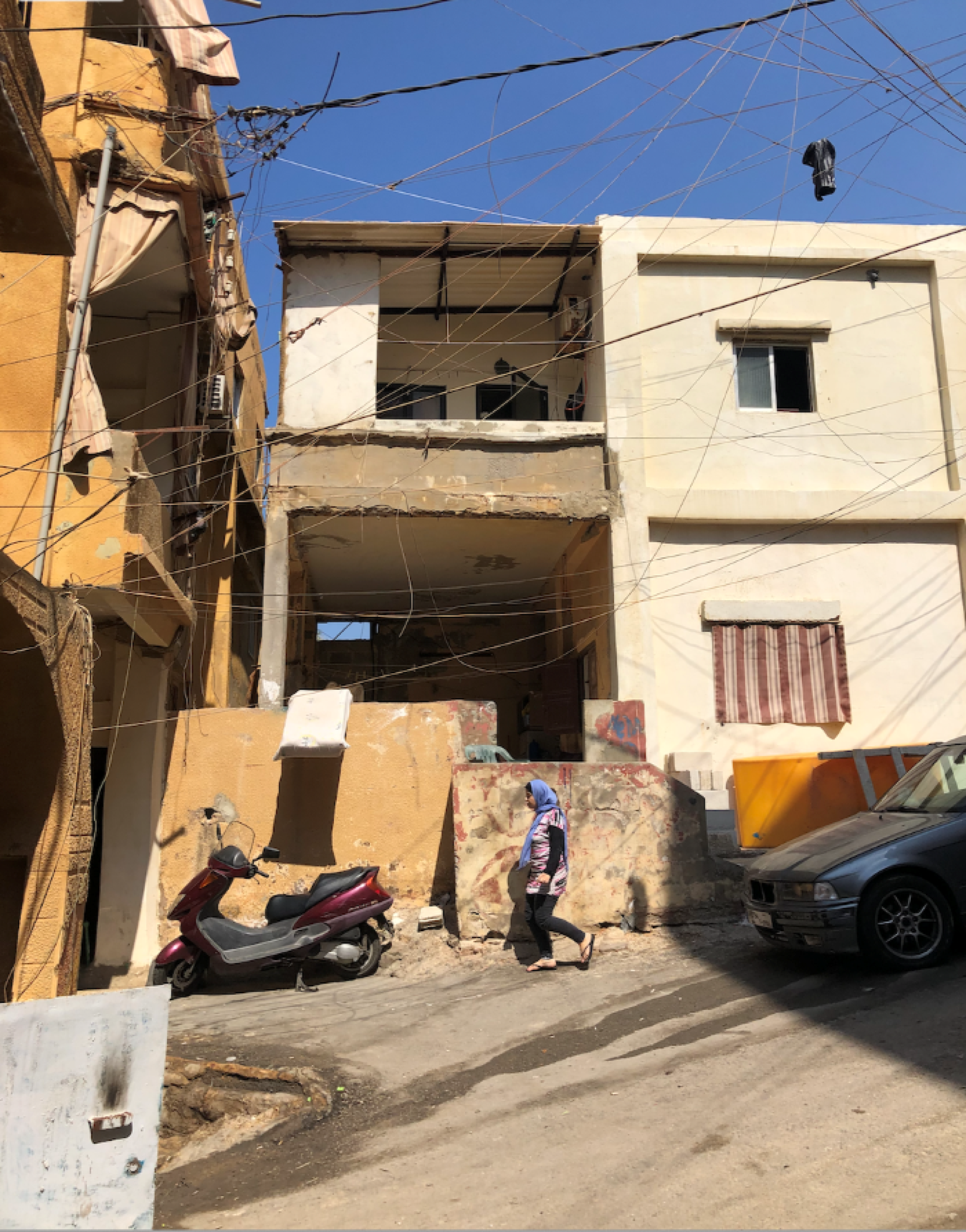Imaginaries of “digital humanitarianism” proclaim countless interconnected benefits through the embrace of data-driven solutions to social welfare and crisis response. Chief among them are cost savings, administrative efficiency, empowerment, financial inclusion, fraud prevention, and more accurate and reliable information. In response to these techno-optimistic narratives, the humanitarian sector employs a growing ecosystem of digital technologies like biometric identification, transnational databases, and automated eligibility assessments. Globalised infrastructures (e.g., the United Nation’s Microdata Library) and regulations (e.g., data protection agreements) have accompanied such transformations, enabling a greater number of “non-traditional” humanitarian actors to contribute to and influence crisis response. While renowned international organisations like the United Nations suggest that technological innovation and its partnerships with Big Tech are the future of disaster response, scholars emphasize the many social inequality repercussions such as exploitation and blocked access to aid—especially for those with intersecting axis of marginalisation (class, race, gender, disability, age, etc.)
In light of recognised critiques, this project asks: how do actors on the ground work to ensure the viability of digital humanitarian interventions? What are the governance strategies that emerge for them to endure, adapt, and support populations in crisis?
This research seeks to answer the aforementioned questions by drawing upon a multi-sited ethnography of digitised aid delivery to impoverished residents and refugees in Lebanon. Inspired by insights from regulatory governance, surveillance studies, science and technology studies (STS), and intersectional and transnational feminisms, this project aims to uncover the essential and everyday—yet sometimes invisibilised— labour that sustains aid amidst crises.


